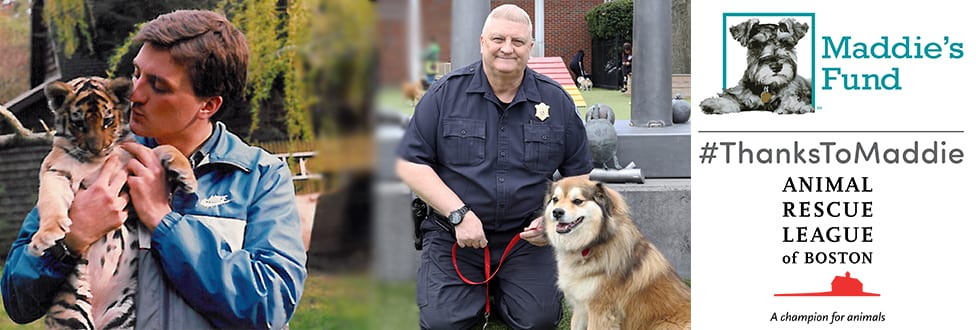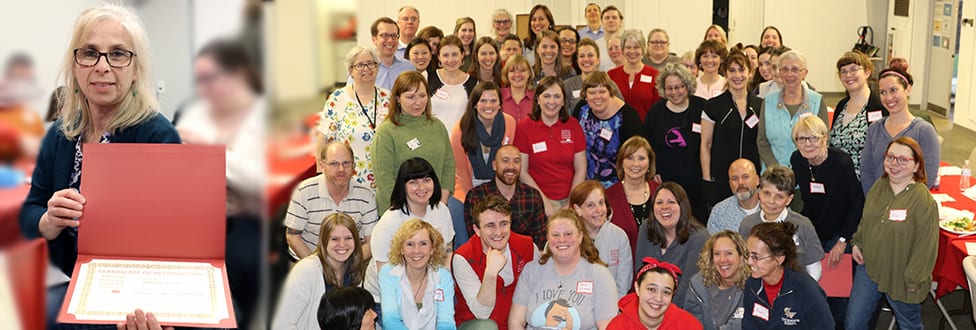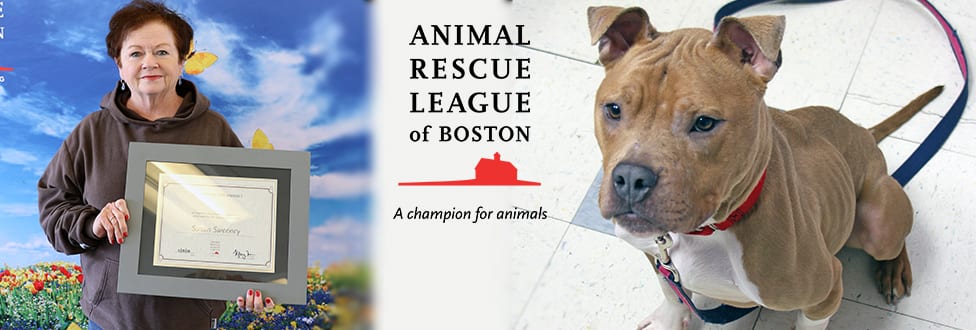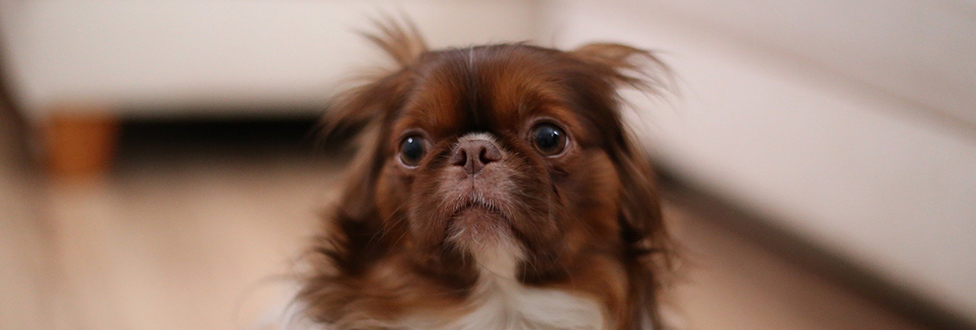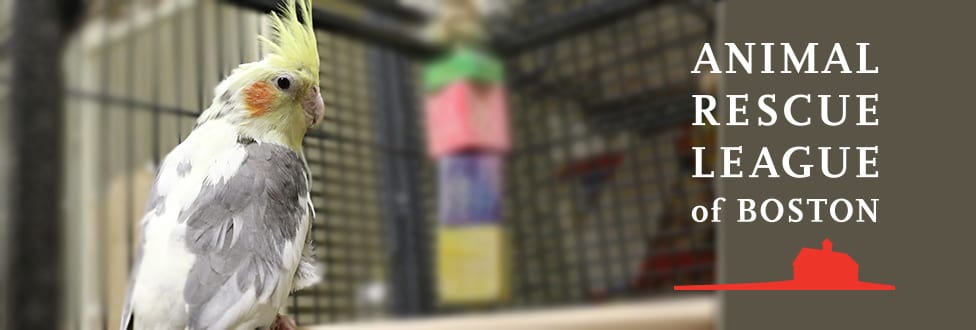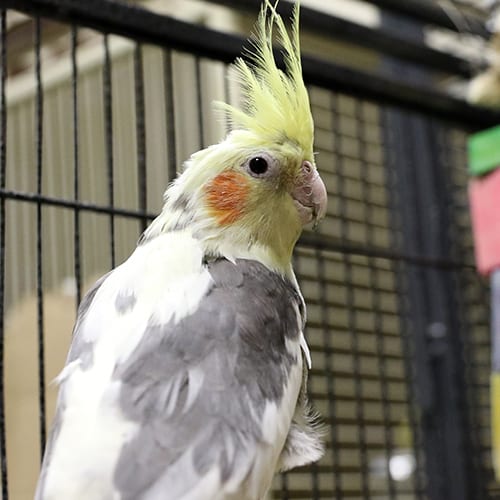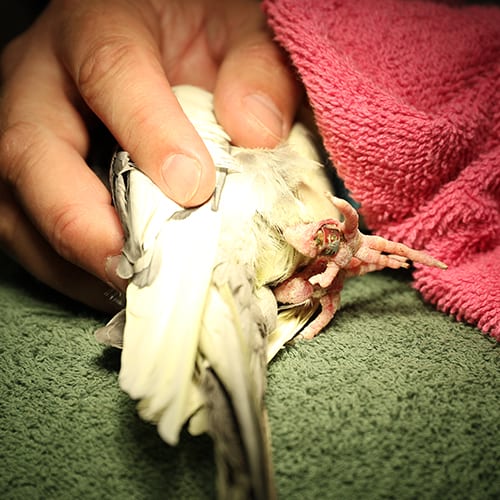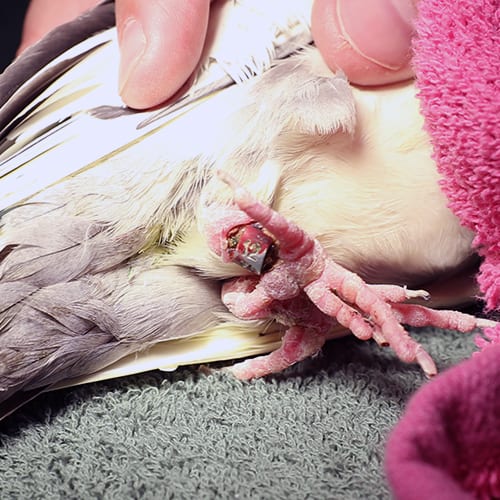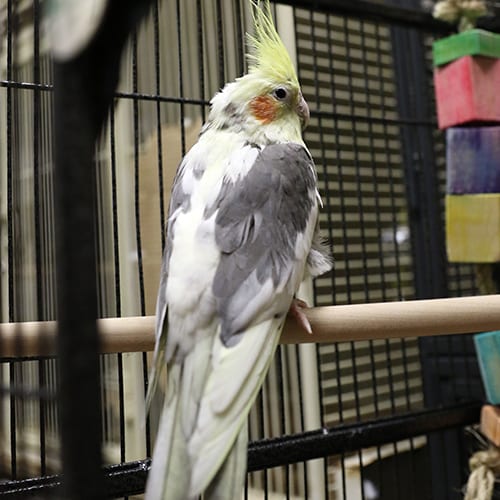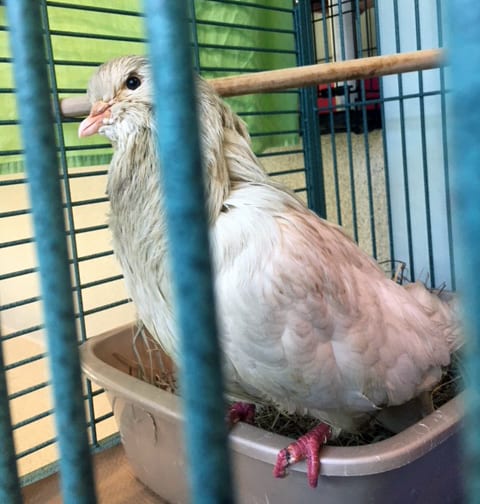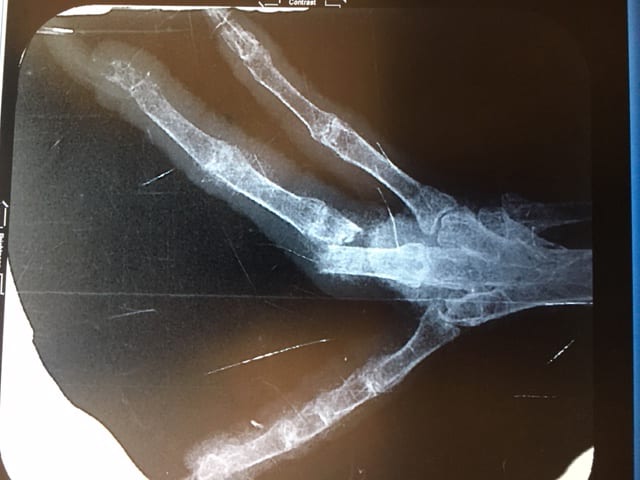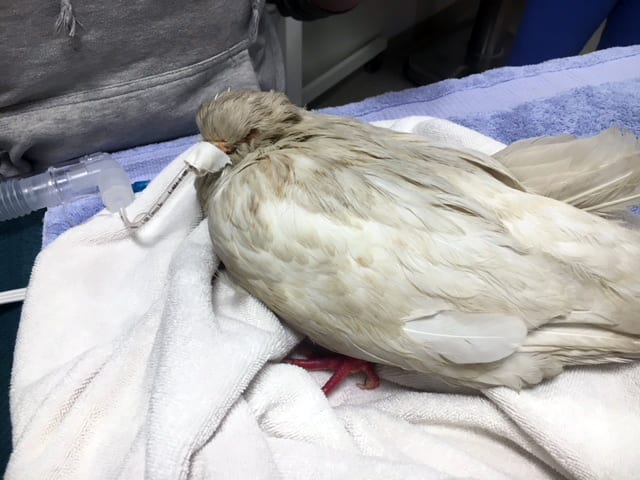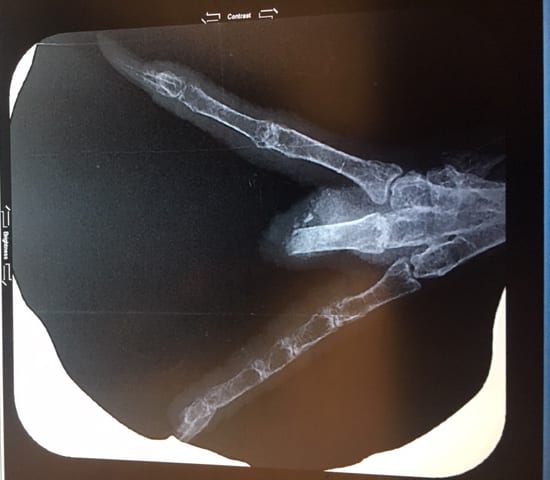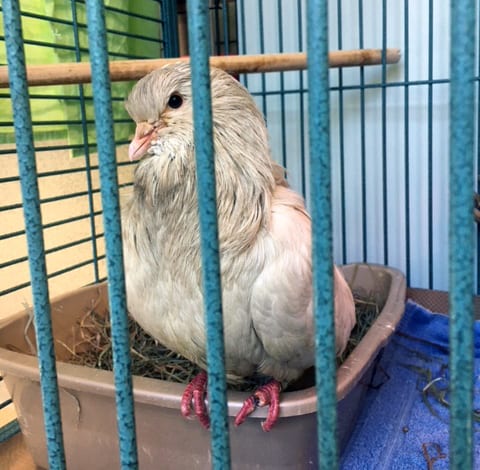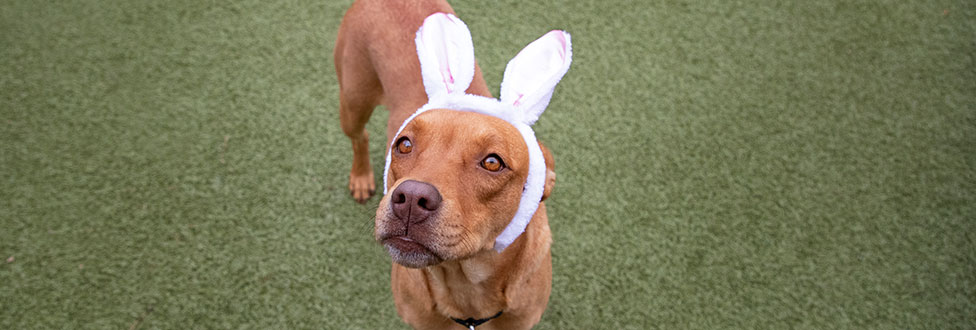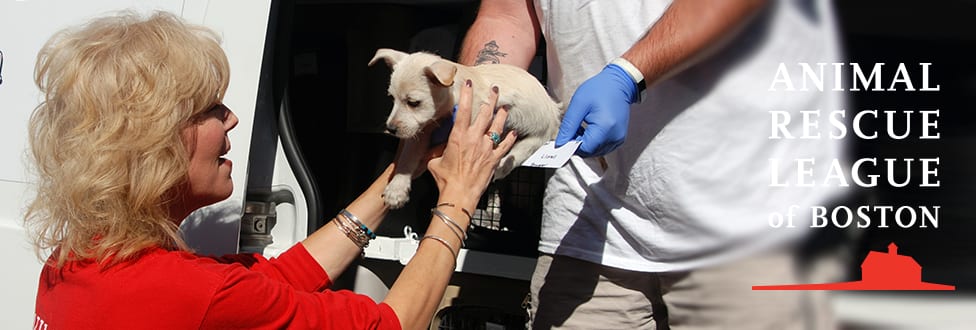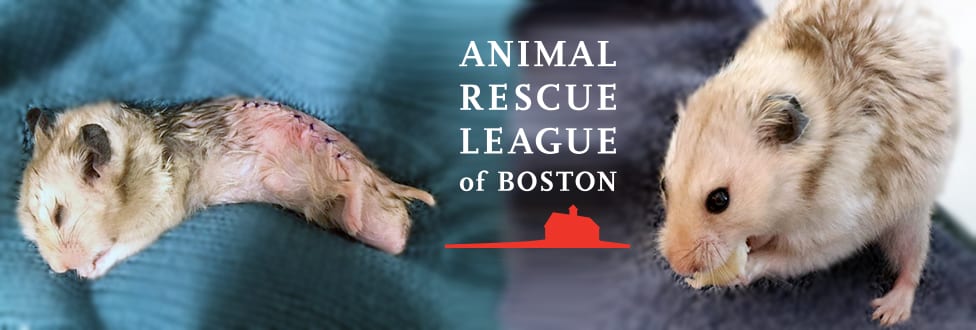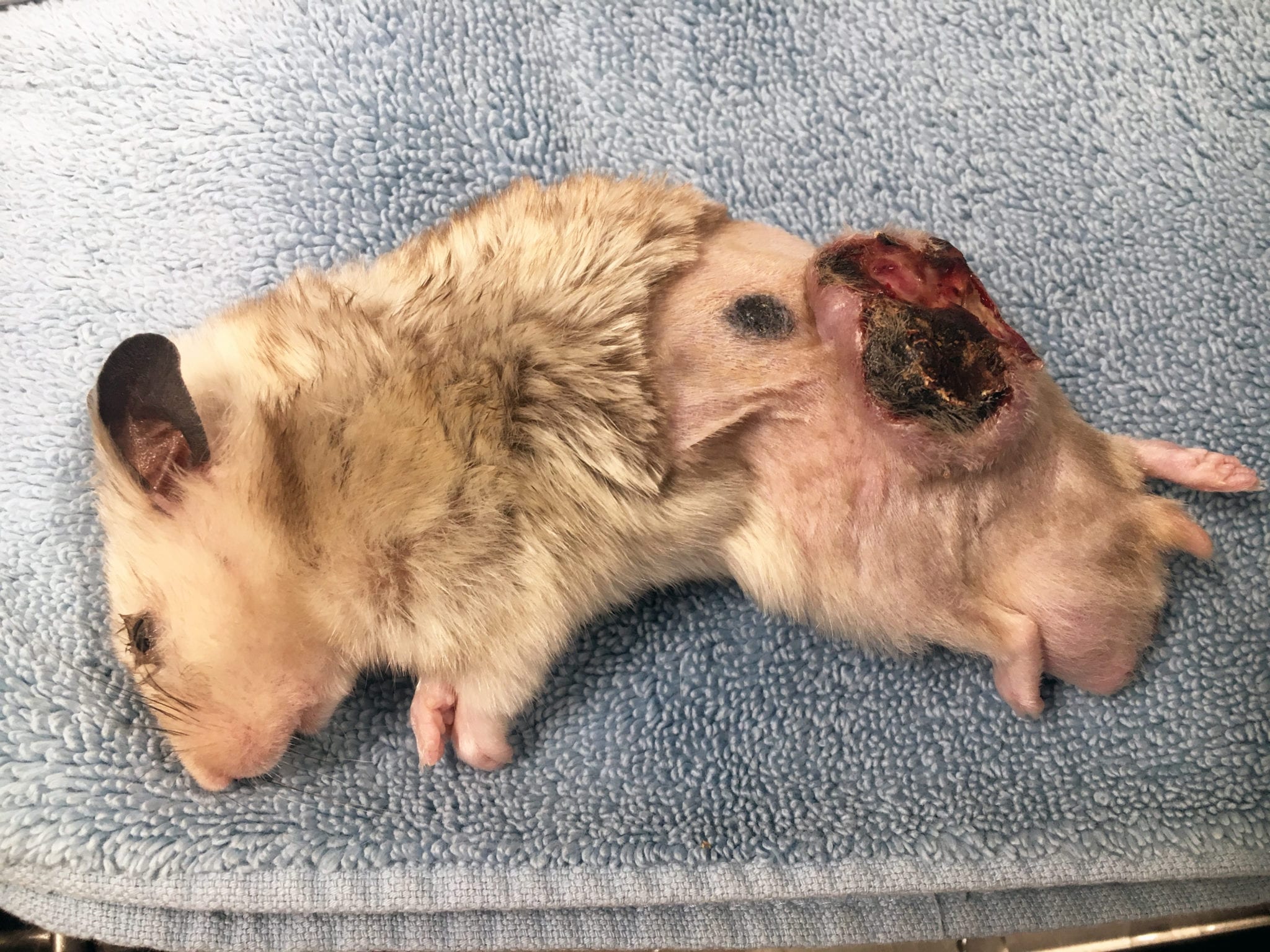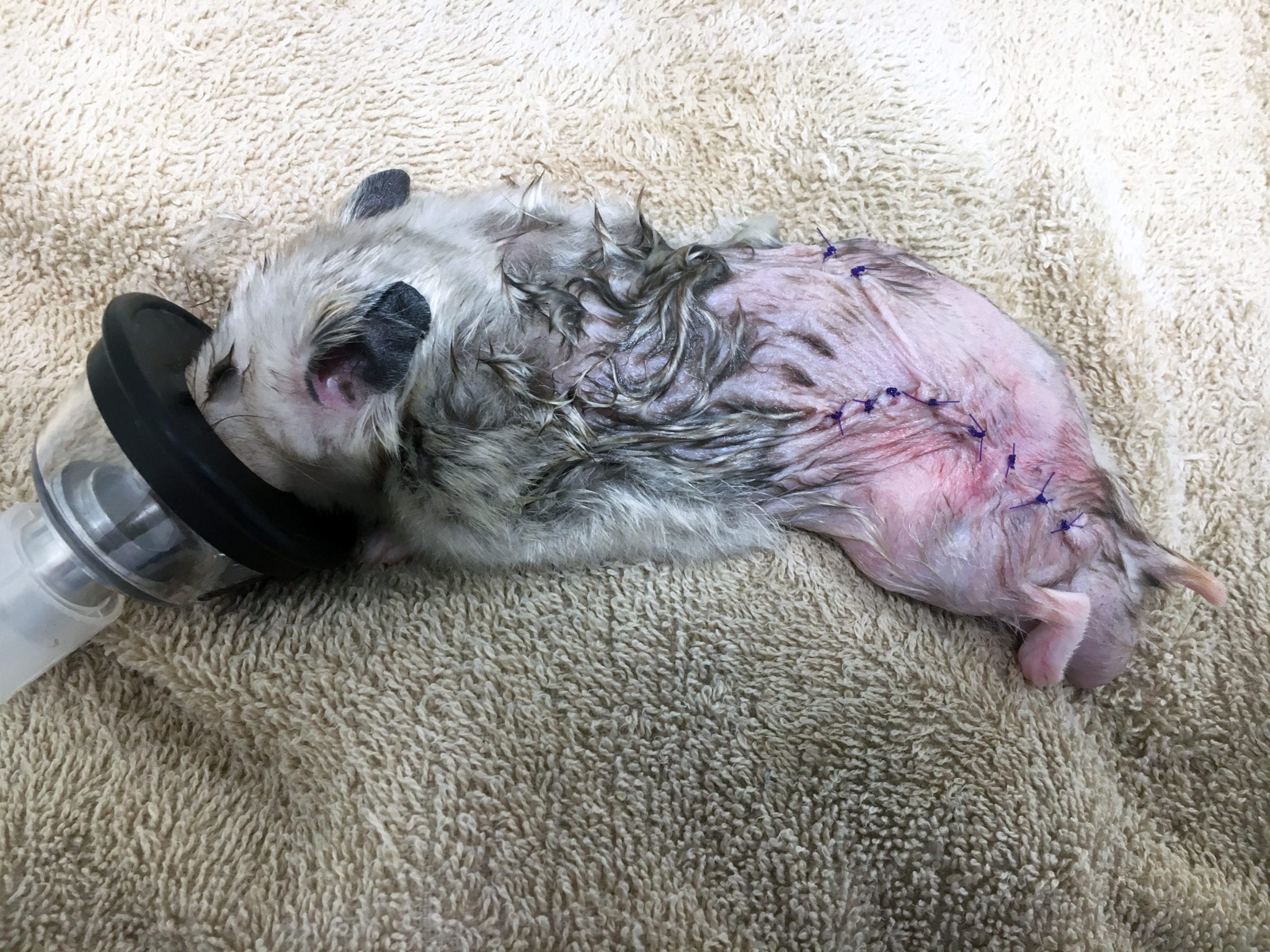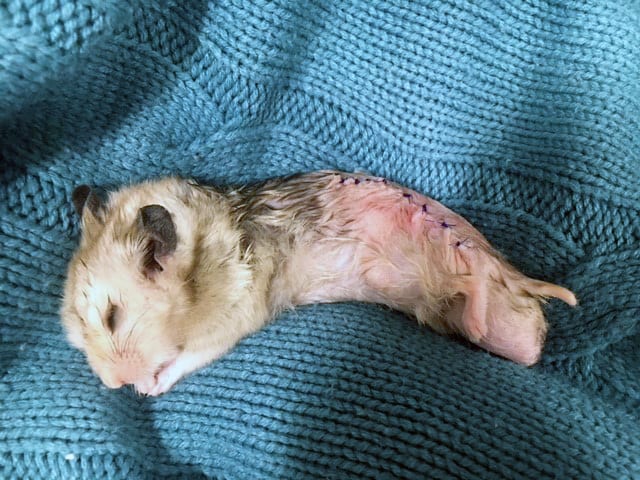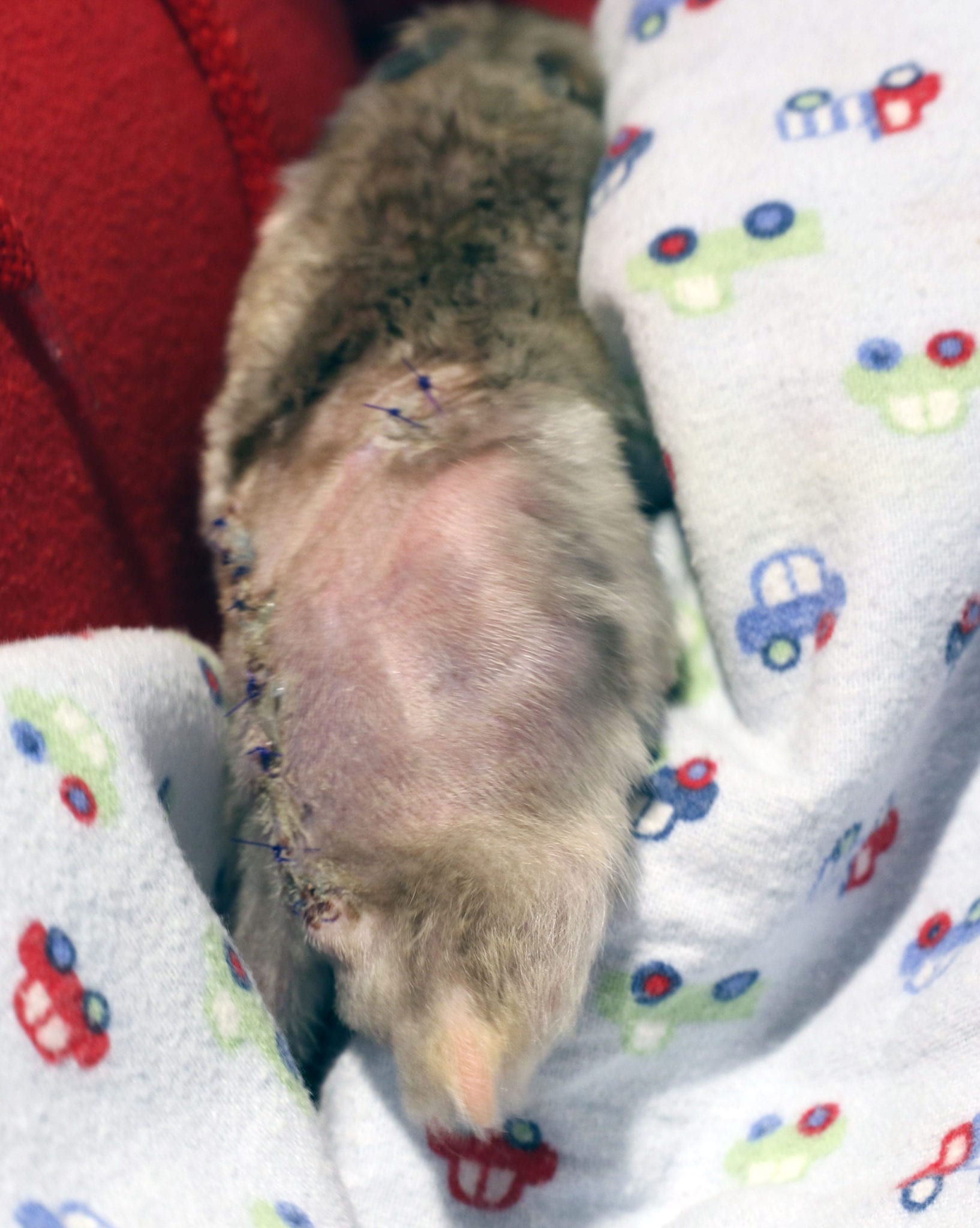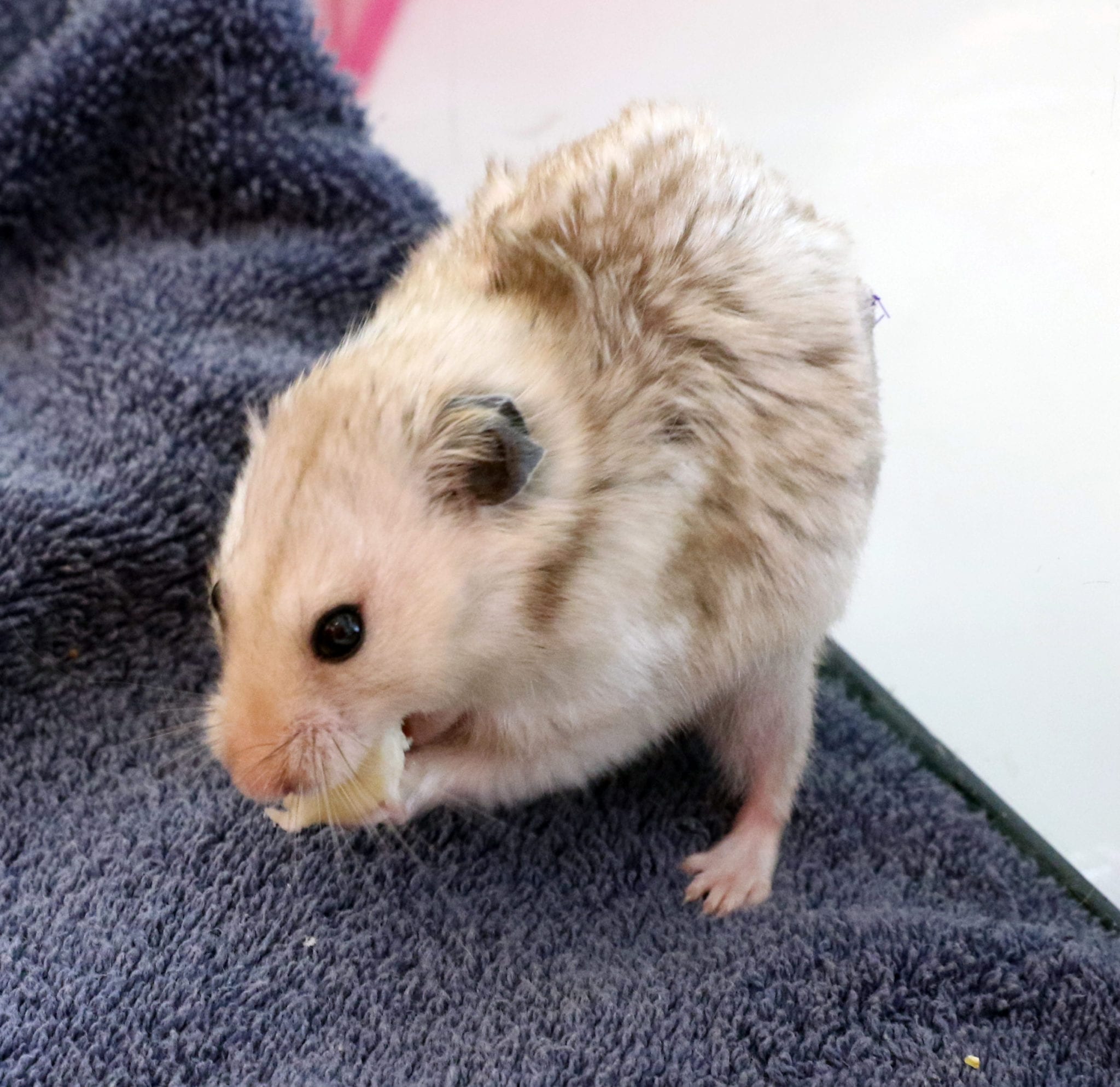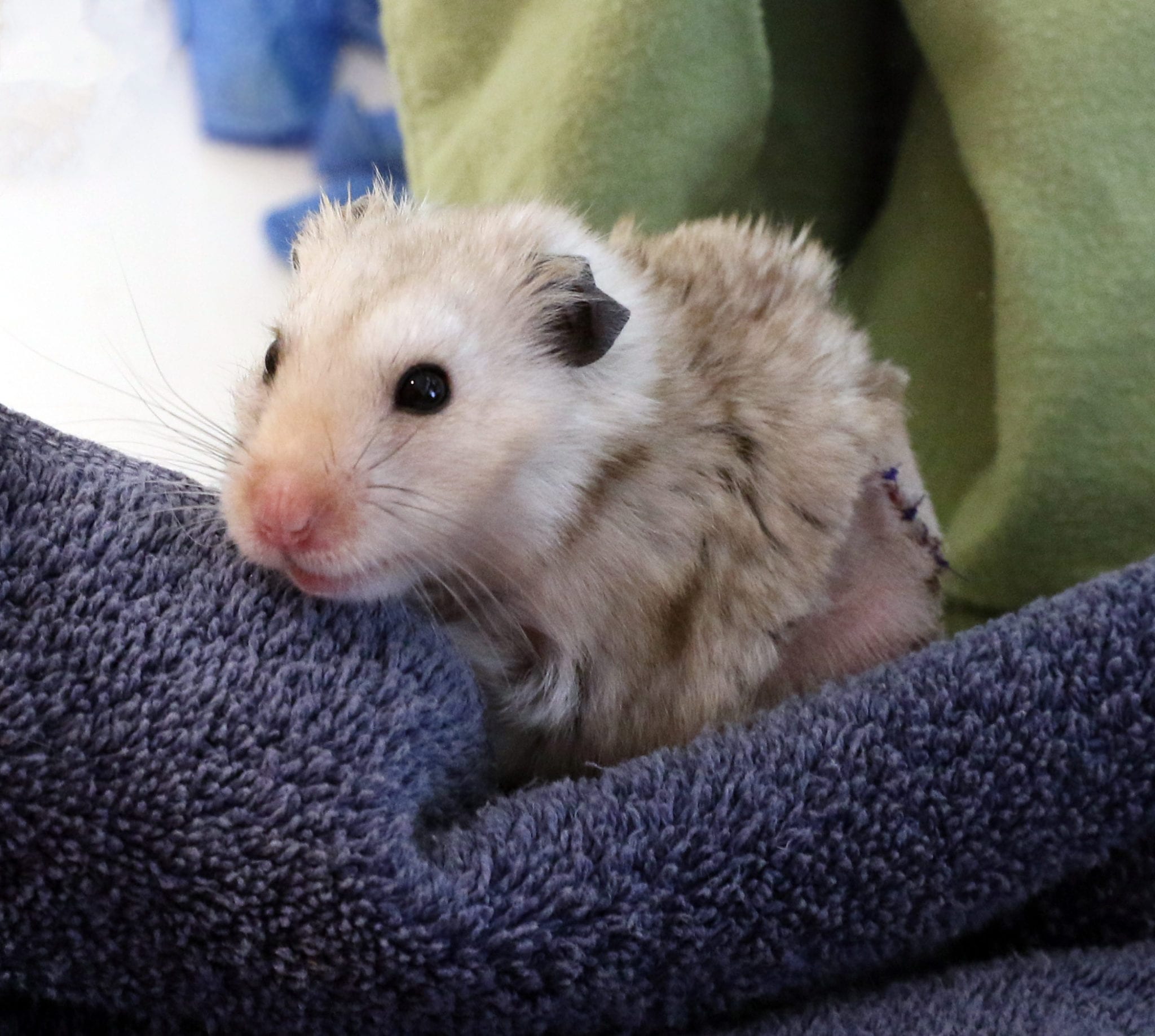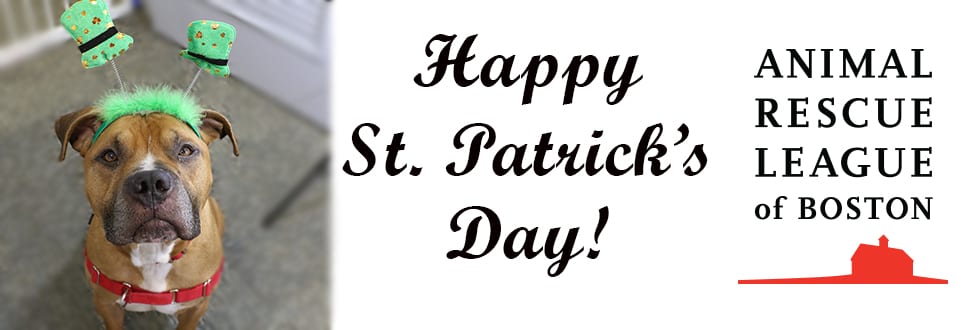Maddie’s Fund® Honors ARL’s Lt. Alan Borgal
Hero Award Recognizes Excellence and Dedication
The Animal Rescue League of Boston (ARL) is proud to announce that Law Enforcement Director Lt. Alan Borgal has received the prestigious Maddie’s Fund® Hero Award – one of just 10 recipients in the United States.
Maddie’s Fund, a national family foundation established by Dave and Cheryl Duffield to revolutionize the status and well-being of companion animals, established the Hero Award to honor those who are leading the way in animal welfare with innovative ideas, progressive thinking and lifesaving actions. Award winners also exemplify Maddie’s Fund’s core values of honesty, integrity and mutual respect.
In addition to the award, Maddie’s Fund is also bestowing a generous $10,000 grant to ARL in Lt. Borgal’s name.
Lt. Borgal has been employed by ARL for 42 years, and has been a Massachusetts Special State Police Officer since 1981. With his extensive experience and knowledge he is considered by many in the Commonwealth to be the foremost expert in his field.
“Lt. Borgal is an inspiration to all and this honor could not be more deserving,” ARL President Mary Nee said. “His contributions to protecting the safety and well-being of animals throughout the Commonwealth simply cannot be measured.”
Today, Lt. Borgal continues to be a key member of ARL’s Law Enforcement Department. He also assists ARL’s Rescue Services, and loves the hands-on work of rescuing animals in difficult circumstances. Perhaps Lt. Borgal’s most notable rescue was in 1986, when he saved ‘Ruthy’ the Asian Elephant while issuing a search warrant in Essex, MA. ‘Ruthy’ is still alive today and living out her life at the Buttonwood Park Zoo in New Bedford, MA. After all these years, Lt. Borgal still visits her to this day.
Congratulations to Lt. Alan Borgal for this well-deserved award!
Making a Difference
In 2017, ARL’s Law Enforcement Department investigated cruelty and neglect cases which involved nearly 3,000 animals and resulted in 84 law enforcement prosecutions. If you suspect or witness animal cruelty or neglect, contact ARL Law Enforcement at (617) 226-5610.

